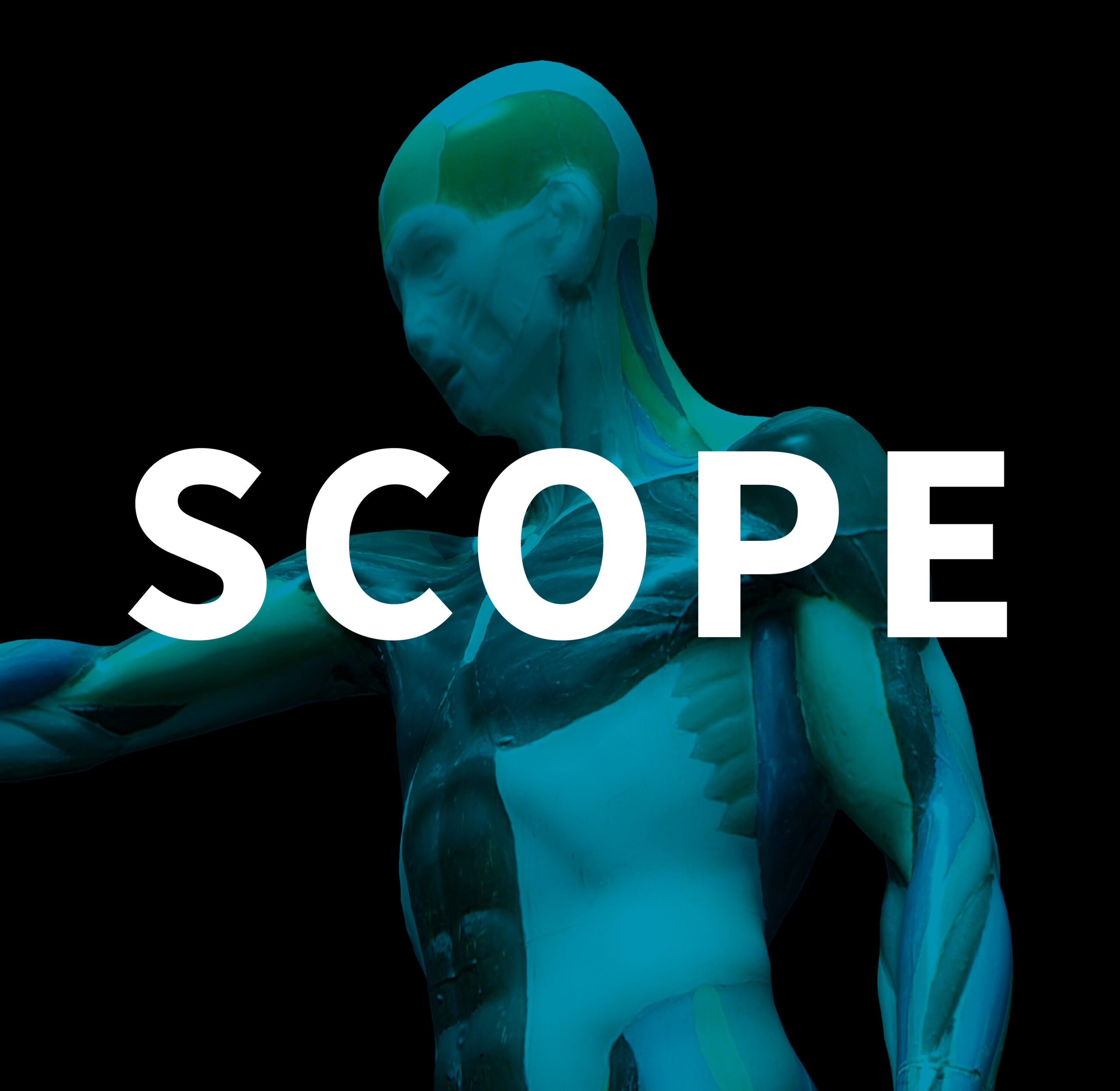A multi-million-pound mental health platform will be co-ordinated here at the University of Edinburgh, including a new hub of research into Metabolic psychiatry.
Introducing the Mental Health Platform (MHP)
The Mental Health Platform (MHP) is a new network of over 100 researchers, dedicated to accelerating research into severe mental illness (SMI). On Friday 20th September, the MHP is officially launching, along with the first of the six research hubs, the Metabolic Psychiatry hub.
Why do we need this investment now?
More than 800,000 people are living with an SMI in the UK, such as schizophrenia, severe depression and borderline personality disorder. These conditions can severely impair a person’s ability to carry out daily tasks, and impact employment and relationships. People with an SMI also have a life expectancy on average 10-20 years shorter than the general population, in part because poor mental health may lead to poor physical health. There’s an urgent need to have more effective diagnosis, interventions and prevention approaches for people with SMI.
With the support of UK Research and Innovation (UKRI), over £20 million has been invested to create the MHP, a coordinated effort between 6 large public investments in mental health research.

MHP Coordinating Team, (L > R: Diana Garcia, Project Manager, Vaughn Feurer, Administrator, Andrew McIntosh, Director, Sophie Quick, Communications & Engagement Officer)
The research will be supported by a coordinating centre at the University of Edinburgh within the College of Medicine and Veterinary Medicine, and led by Professor Andrew McIntosh.
“To improve the lives of people with severe mental illness, we need to be more united in the way we study these conditions. In research, there’s still too much competition and not enough collaboration. This is where the UKRI Mental Health Platform will come in. We’ll help researchers share ideas and data, to accelerate our understanding. We’ll also further develop our links with industry to help translate research discoveries into new treatments.” – Professor Andrew McIntosh.
UK-wide research collaboration
The research will be based at six hubs in Cambridge, Cardiff, Edinburgh, London, Sheffield and Swansea, plus partnerships with many different institutions across the UK. It will accelerate research by drawing on expertise from a wide range of disciplines, support collaboration and the next generation of researchers.
in Cambridge, Cardiff, Edinburgh, London, Sheffield and Swansea, plus partnerships with many different institutions across the UK. It will accelerate research by drawing on expertise from a wide range of disciplines, support collaboration and the next generation of researchers.
We’re committed to involving people with lived experience in every stage of our research, from the generation of ideas to helping people understand what the findings mean for them. The UKRI have involved patient and public contributors from the start of the MHP design, such as choosing which hubs should be funded. People with lived experience of SMI will continue to help guide the platform’s strategy.
Andrew says: “I’m excited we’re bringing together so many centres of excellence across the UK. I think by identifying common themes we will widen impact and propel research, leading to better diagnosis and more effective interventions for people with severe mental illnesses in the future.
It’s crucial our research is led by meaningful involvement of people with lived experience. This will make sure we’re answering the most important questions and maintaining the trust of the people affected.”
Metabolic Psychiatry Hub
The first hub to launch is Metabolic Psychiatry, also at University of Edinburgh and led by Professor Daniel Smith. Metabolic psychiatry is a critical but under-researched area.
There is growing evidence for a connection between SMI and metabolic conditions such as obesity and diabetes. Some research suggests this could inform new ways to approach and treat SMI. For example, researchers at University of Edinburgh recently completed a novel pilot study of the ketogenic diet for bipolar disorder.
The Metabolic Psychiatry Hub will investigate mental illness from a ‘whole-body’ perspective, rather than focusing solely on the brain or psychological symptoms. Importantly, it will work closely with people with lived experience to identify, prioritise, develop and test acceptable metabolism-based treatments for SMI.
Dr Iain Campbell is co-leading a Lived Experience Advisory Panel (LEAP) with the McPin Foundation as part of the Hub’s research.
“Metabolic Psychiatry arose from the lived experience of patients who have noted a significant connection between their metabolic health and mental health symptoms. As a researcher who lives with bipolar disorder, and who has lost both family and friends to mental illness, it is important to me to see an acceleration in the development of new and more effective treatments which address this interface of physical and mental health.
I know the hub is committed to putting lived experience at the centre of its research, because I first approached the team as a patient who wanted to understand the connections between metabolic and mental health, and this led to our first Metabolic Psychiatry pilot study. Through the lived experience advisory panel which will guide the hub, we re-affirm our core commitment to serving patients and their interests in our research.” – Dr Iain Campbell
Michael Belanger is a member of The Metabolic Psychiatry Hub LEAP.
“I consider it a privilege to be a part of the LEAP group, to advocate for and further the discussion of metabolic psychiatry, as someone whose life was saved by the advocacy of others who experienced the profound efficacy of metabolic psychiatry-based treatments before me.
The group is a place to gather and share ideas with like-minded individuals who have similar lifelong struggles. There is something really special when you meet others with similar lived experiences where it feels like you have become instant lifelong friends coming together to further the discussion of metabolic psychiatry in hopes you are advancing the discussion that will benefit many others.” – Michael Belanger
Dyane Harwood is also a member of The Metabolic Psychiatry Hub LEAP, Author of ‘Birth of a New Brain Healing from Post-Partum Bipolar Disorder’ and Co-Host of podcast ‘Our Healing Journey with Metabolic Psychiatry’
“The LEAP group offers me the unique opportunity to collaborate with the visionary researchers in this progressive field. I’m excited to share my experience practicing a vegan ketogenic diet for bipolar and perimenopause symptoms with the Hub’s scientific workstreams!” – Dyane Harwood
This month’s launch signals the beginning of a new way of sharing ideas and data in mental health research.
Links
Mental Health Platform Website
Read more about the metabolic psychiatry hub
Read more about each hub and their research aims.


